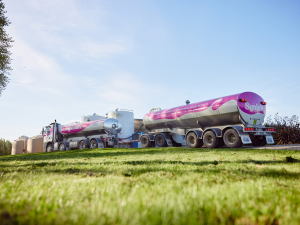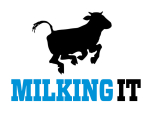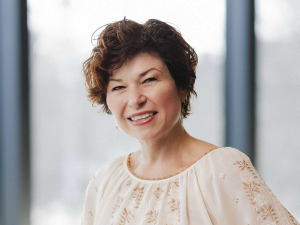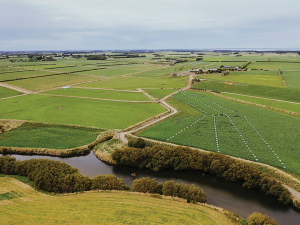That’s the view of Forsyth Barr senior analyst equities Matt Montgomerie.
The milk processor has $514 million of debt – $180m of subordinated retail bonds and $334m of senior debt – to clear within 12 months and is looking at several options to do this. One is selling its North Island assets: the five-year old Pokeno milk plant, a blending and canning factory in Auckland and associated warehouses. The company has valued these assets at $400m.
However, Montgomerie doubts that the company will get anywhere near $400m for those assets.
“We suspect it won’t be easy, but it is verging on a necessity at this point,” he told Rural News.
“We think it is highly unlikely SML would be able to fetch a sales price at or near the $400m asset value. For us, we struggle to envisage a deep buyer pool but think [global health nutrition company] Abbott are an obvious candidate.”
Synlait opened the new Pokeno milk plant five years ago to support key stakeholder and customer a2 Milk Company’s English Label infant formula growth and acquire new customers.
However, a2MC’s English Label formula business has struggled since Covid wiped out the so-called Daigou sales channel, where Chinese tourists or students would take products from New Zealand back to China and then sell them with commission.
Montgomerie believes it makes sense for Synlait to initiate a strategic review of its North Island assets.
“The rationale at the time of northern investments was to support a2MC’s English Label growth, and acquire new customers.
“Since then, a2MC’s English Label business has been under significant pressure, new customer acquisition has been challenging and the lack of asset base utilisation has been a material drag on its profitability.
“We acknowledge an asset sale creates risk given the uncertainty of a2MC’s English label volumes at Dunsandel, but push has come to shove and time is ticking.”
Synlait is 39% owned by China’s Bright Dairy, which has reiterated its steadfast support for the milk processor. It is open for a future equity raise and extending a loan.
Montgomerie says it’s difficult to say how long Bright Dairy will continue to prop up Synlait.
“Given the value of Bright’s stake relative to the investment provided, the propensity to continue to support may be limited, but firstly, its balance sheet is in good shape, and secondly, it still has strategic intentions to own international assets.”
Synlait hopes that its plan to sell off assets and a sound business plan going forward will return the business to profitability within two years.
However, Montgomerie believes the plan comes with significant risk.











